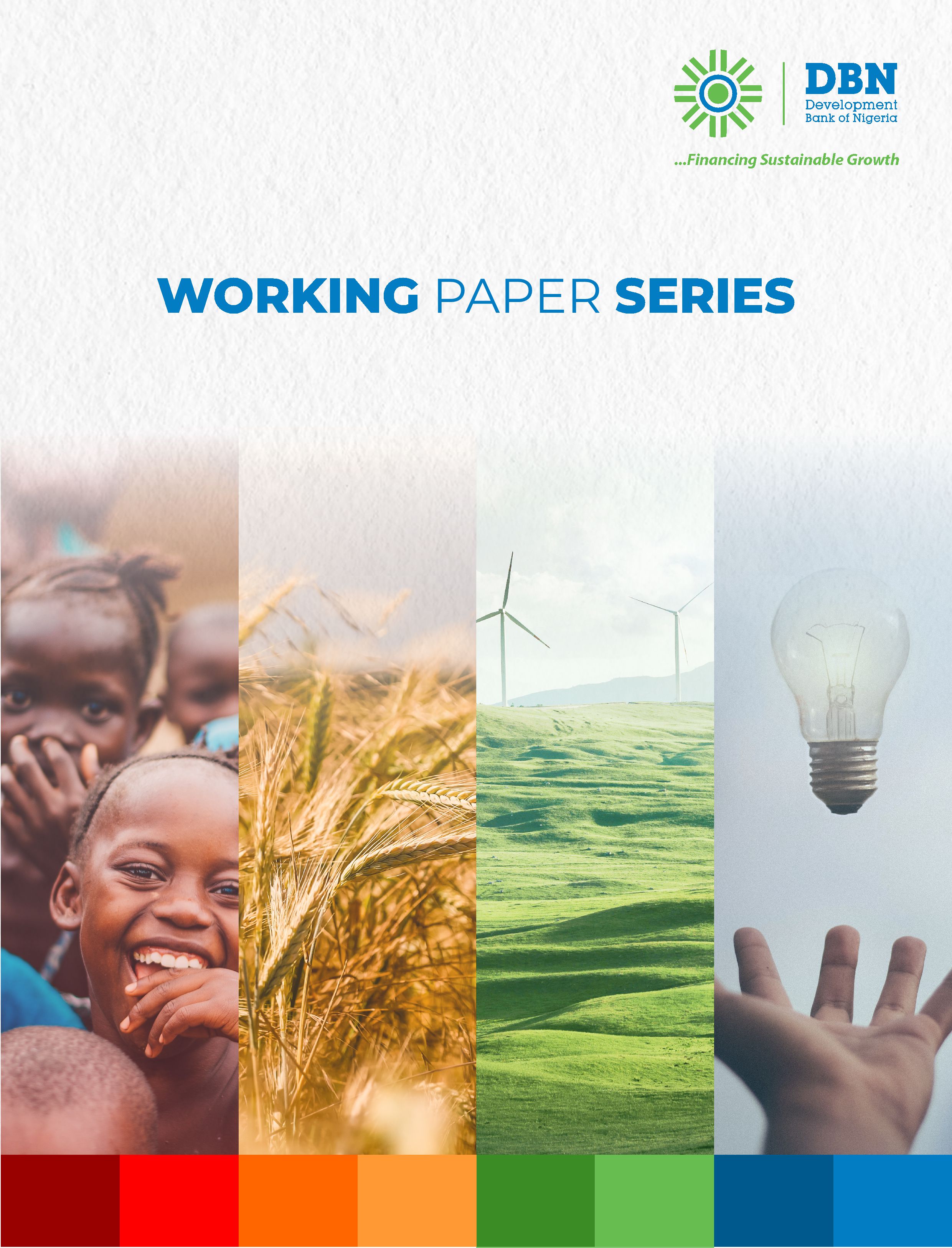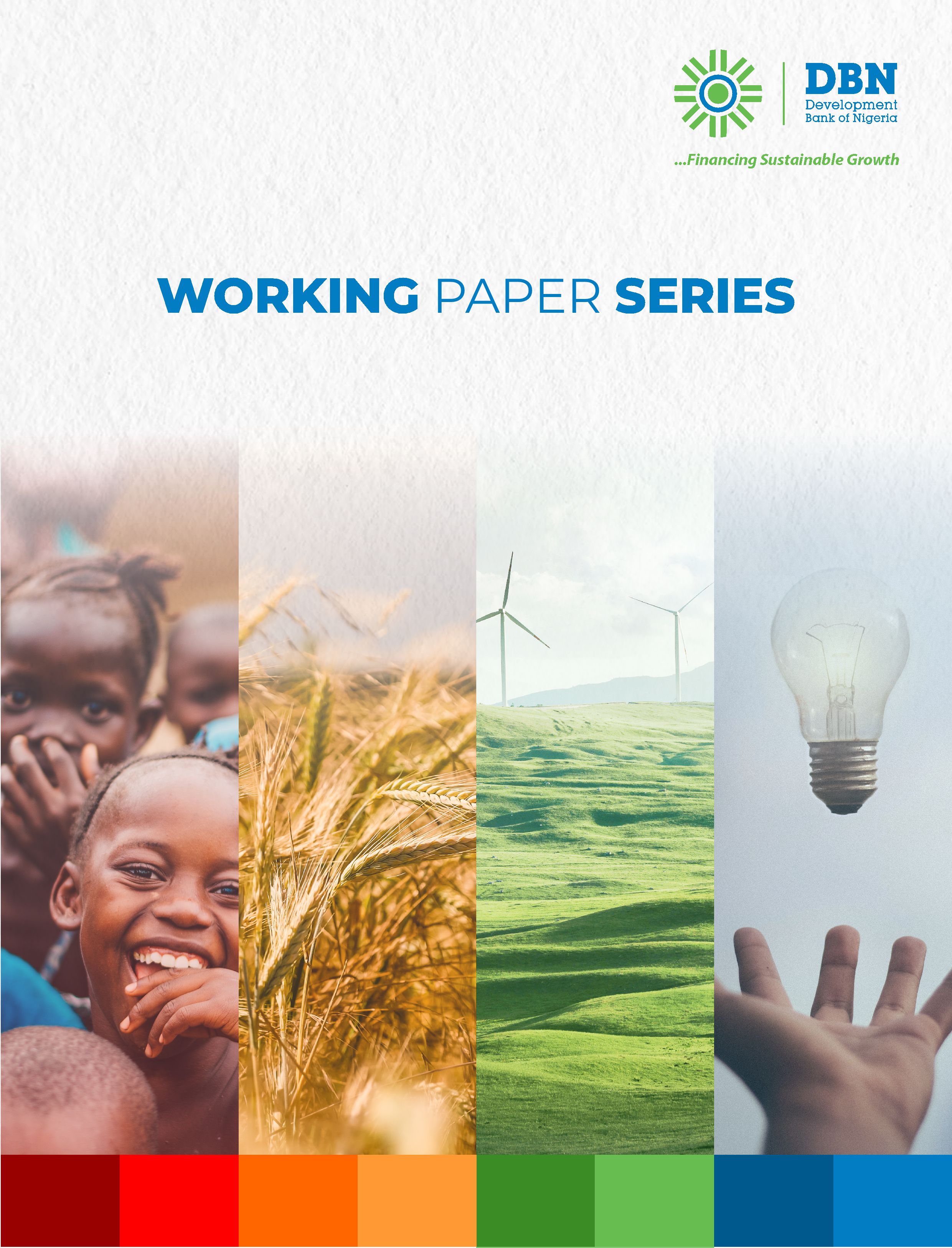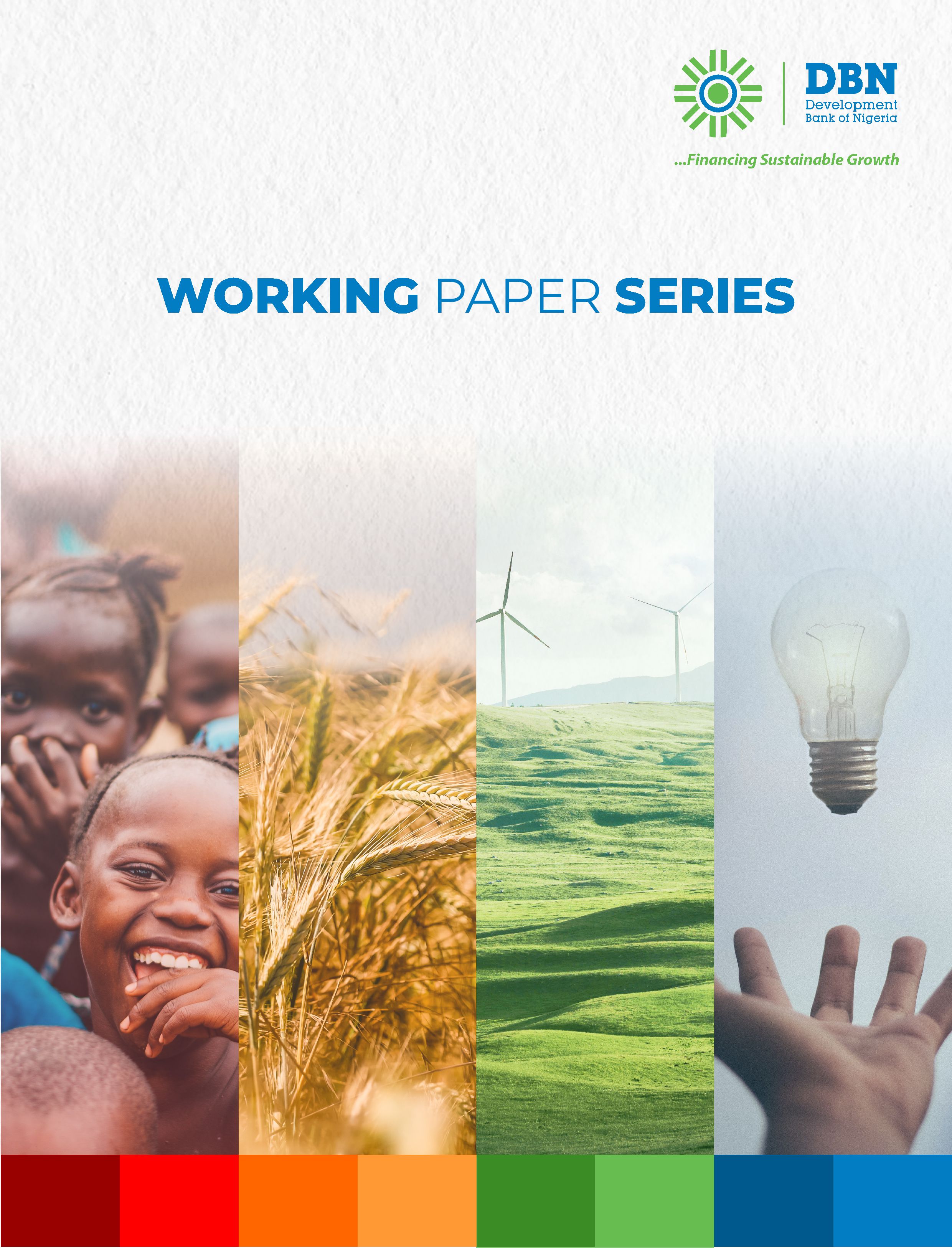
Publication Information
Published by: Admin
Published: 8 months ago
View: 232
Pages: 29
ISBN:
Abstract
This study assesses the effects of natural disasters on food security in a sample of 40 sub-Saharan African countries. First, we assess the effects of natural disasters on the four dimensions of food security and secondly, we disaggregated natural disaster using the two dimensions that are most representative, namely hydrological and biological disasters. The regressions are based on the generalised method of moments on a dataset covering the period 2005-2020. Natural disasters are measured by the total number of people affected and food security by its characteristics: access, availability, use and sustainability. The results show that natural disasters increase the prevalence of undernourishment but reduce dependence on cereal imports. An increase in natural disasters by 1% increases the prevalence of undernourishment by the same proportion. As for import dependency, a 1% increase in natural disasters reduces dependency by 2.2%. The disaggregated effects show that hydrological disasters are more significant than biological disasters in impacting food security. Floods reduce the average energy supply adequacy but also dependence on cereal imports. Policy implications are discussed. The study complements the extant literature by assessing the effects of natural disasters on food security in a region where food insecurity is one of the worst in the world.
Cheikh T. Ndour
Simplice A. Asongu Prof
Waoundé Diop
Related Publications

VOLUME 8 ISSUE 1 2025
The impact of public spending on water, sanitation and hygiene (WASH) adoption: Governance thresholds for complementary policies

VOLUME 8 ISSUE 1 2025
Not all that glitters is gold: financial access, microfinance and female unemployment in Sub-Saharan Africa

